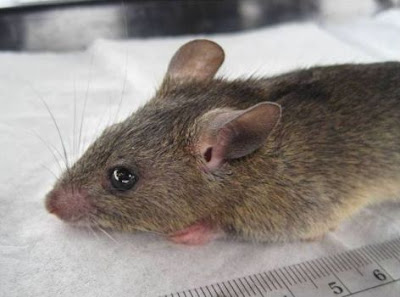Africa’s most populous country is setting up two field clinics and dressing medics in biohazard suits to deal with the disease that has so far killed 41 people, Health Minister Isaac Adewole told reporters. Health workers are also tracing victims and the people they touched, much as they did during Nigeria’s brief experience with Ebola in 2014.
“We are doing the needful to stop the spread,” said Abdulsalami Nasidi, director of the country’s Center for Disease Control.
The current outbreak is believed to have started in December.
Understanding Lassa fever
Lassa fever or Lassa hemorrhagic fever (LHF) is an acute viral hemorrhagic fever caused by the Lassa virus and first described in 1969 in the town of Lassa, in Borno State, Nigeria. The virus is a member of the Arenaviridae virus family.Similar to ebola, clinical cases of the disease had been known for over a decade, but had not been connected with a viral pathogen.
The primary animal host of the Lassa virus is the Natal multimammate mouse (Mastomys natalensis), an animal found in most of sub-Saharan Africa. The virus is probably transmitted by contact with the feces or urine of animals accessing grain stores in residences.
 |
| Mastomys natalensis, the natural reservoir of the Lassa fever virus |
Still, despite these facts, this year’s Lassa outbreak touches a nerve for Nigerians and the Nigerian government. The country was among the seven nations that saw Ebola cases in 2014. Though only seven people in Nigeria died from Ebola, the virus’s arrival sparked considerable panic. The latest Lassa outbreak has stirred similar memories.
Officials can’t say for certain how many people in all have contracted the virus recently. “However, the good news is that there have been no new confirmed cases or deaths in the last 48 hours,” said Dr. Adewole.
Often observed as outbreaks in Nigeria, Liberia, Sierra Leone, Guinea, and the Central African Republic and given its high rate of incidence, Lassa fever is a major problem in affected countries.

No comments:
Post a Comment
Got something to say? We appreciate your comments: